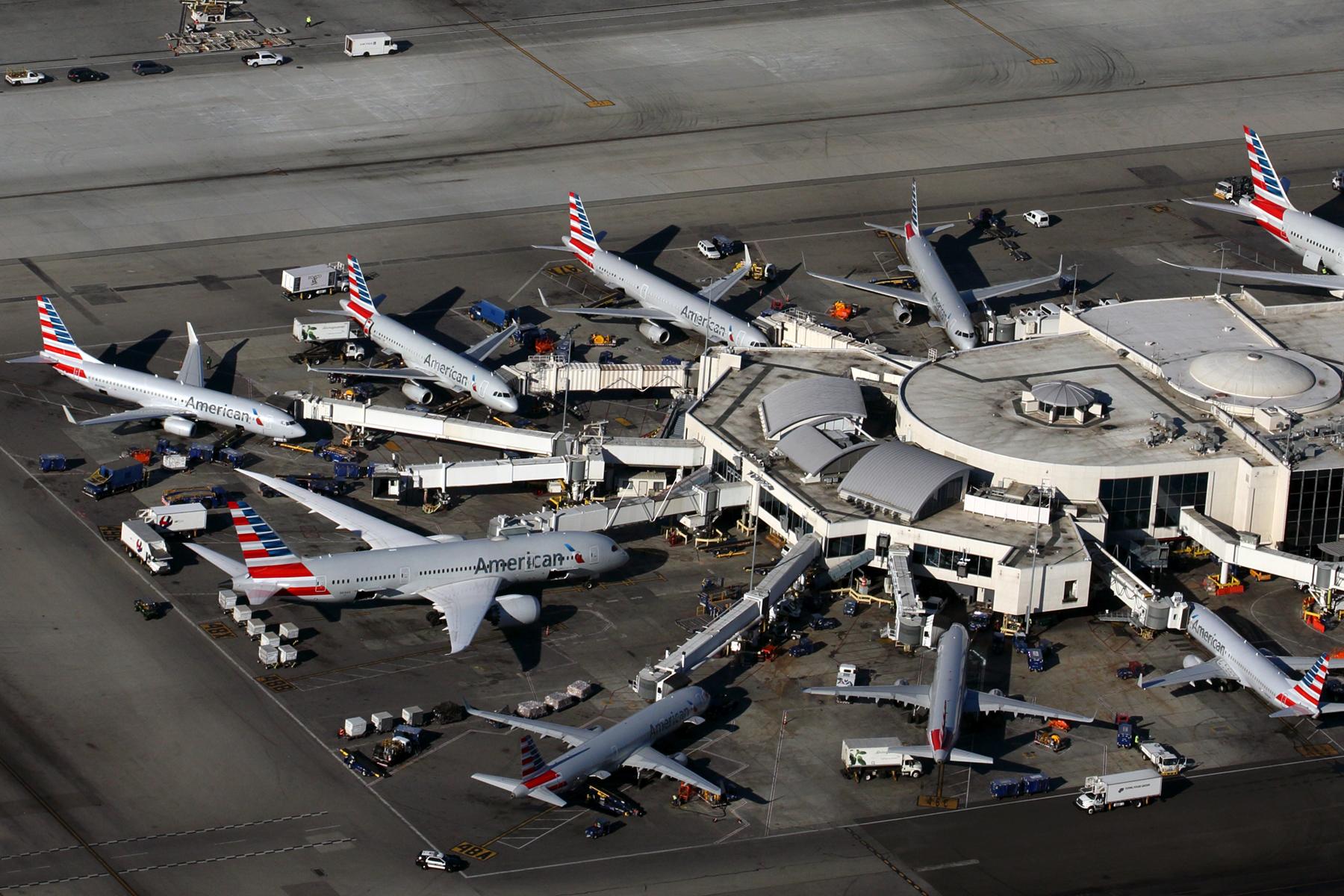
WASHINGTON—U.S. President Donald Trump is in favor of ensuring any financial help U.S. airlines get from taxpayers comes with restrictions, including a ban on stock buybacks.
Trump called out airlines for using not only profits, but also savings from a major corporate tax cut, to re-purchase stock and “artificially” prop up share prices. A Bloomberg analysis found that U.S. airlines spent 96% of available free cash flow on buybacks in the last decade, which coincides with the industry’s post-Great Recession rebound.
“That’s not building a hangar, that’s not buying aircraft, that’s not doing the kind of things I want them to do,” Trump said. “We didn’t think we’d have to restrict it because we thought they’d know better, but they didn’t know better.”
“We have to keep these great companies in business because of the workers,” Trump added. “The workers are my number one concern.”
U.S. lawmakers are considering a bill that would allocate $58 billion to airlines, which generally aligns with industry’s request. Separate efforts will address manufactures and suppliers, either directly or through general approaches, such as small-business loans.
The push for aid comes amid projections that the U.S.’s biggest carriers could run out of cash this summer if demand does not return and no financial help comes in. A zero-revenue scenario for the rest of 2020 would see all three of U.S.’s big global passenger carriers run out of cash by fall, but all other airlines would still have money in the bank at the end of the year, a Vertical Research Partners analysis shows.
Delta Air Lines and United Airlines would run out in the second quarter, while American Airlines would run dry during the third quarter. Among other publicly traded carriers, Alaska Airlines would come closest to running out, while Southwest Airlines would end the year with the most cushion: more than $2 billion in the bank.
The firm’s research makes some draconian assumptions, starting with no passenger revenue for any carriers until 2021. It also excludes government aid or sources of additional capital beyond what was publicly disclosed as of Mar. 19, including American’s $1 billion short-term loan.
On the expenses side, Vertical assumes that some $45 billion in collective 2020 fixed expenses, such as leases and capacity-purchase agreements with regional partners, would be wiped out by pulling contractual triggers. Refunds would total $20 billion, while carriers would collect $5 billion in affinity-related revenues, mostly from credit cards deals.
Operating cost assumptions include a 35% cut in pay and benefits as well as regional flying, and a 60-70% cut in other costs.
“We examine the no-longer-so-extreme scenario in which passenger revenue declines to zero by end of Q1 and stays there for the remainder of the year, gross bookings also decline to zero, air traffic liabilities are depleted to zero as airlines are forced to refund all customers’ advance ticket purchases, and operations are suspended across the board,” Vertical analysts wrote. “In this scenario, we would expect [American, Delta and United] to need additional capital in 1H to maintain positive liquidity, while domestic-oriented airlines would appear able to sustain positive cash through year-end, although most of them would also likely need some additional cash to avoid tripping liquidity covenants.”
The scenario underscores the perilous situation that global airlines find themselves in as the novel coronavirus pandemic wipes out demand for air travel. North American carriers, led by U.S. operators, generated nearly 60% of 2020’s combined estimated global airline profits of $29.3 billion, IATA figures show. The typical airline had about two months’ worth of operating cash on hand at the beginning of 2020. An IATA survey of its 240 member airlines found that 75% have fewer than three months’ cash on hand.
Governments around the world are being urged to help carriers stay afloat until the virus and the illness it causes, COVID-19, are under control, or at least no longer a widespread threat.





